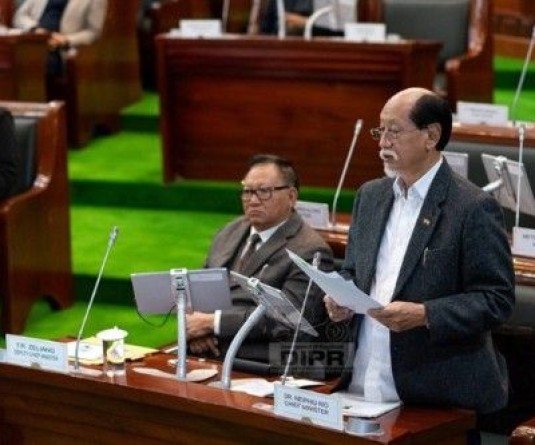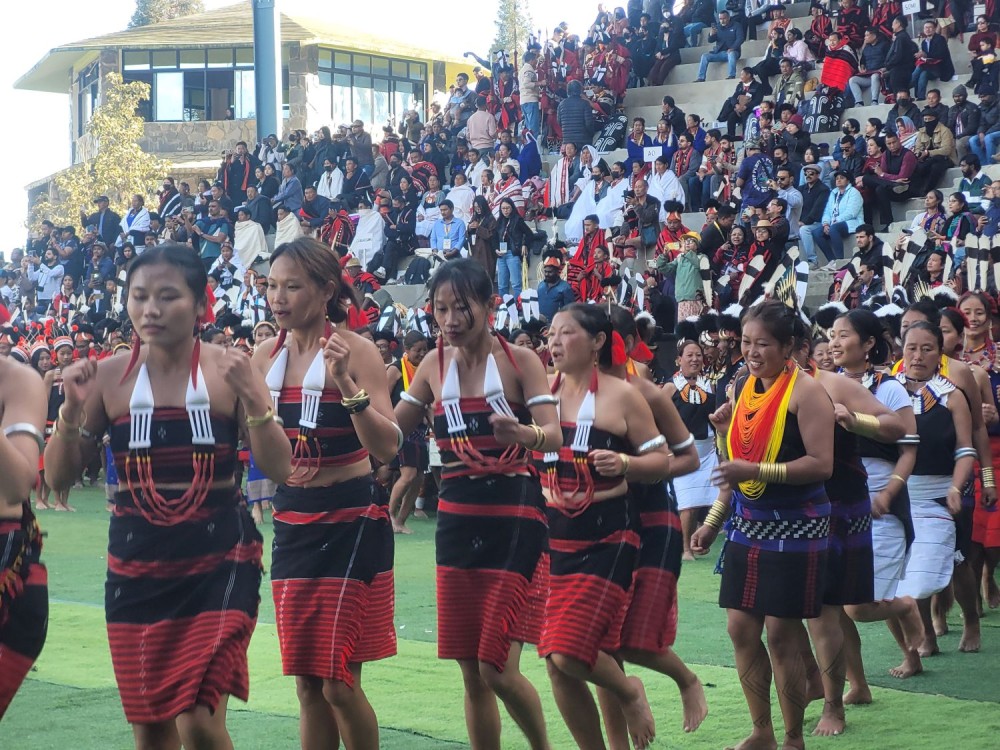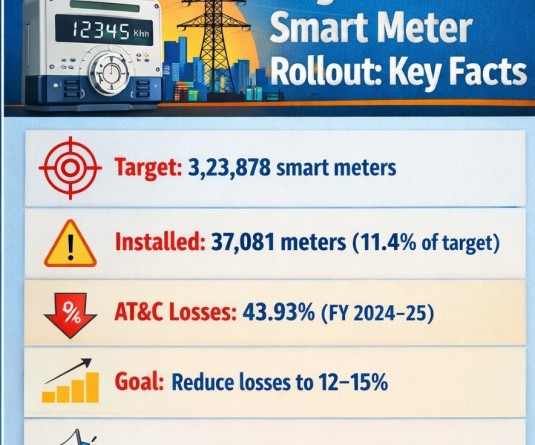Abu Metha speaking during the launch of Geospatial Energy Access Explorer (EAE) platform programme for Nagaland in Kohima by the World Resources Institute India on July 28. (Photo Courtesy: Twitter)
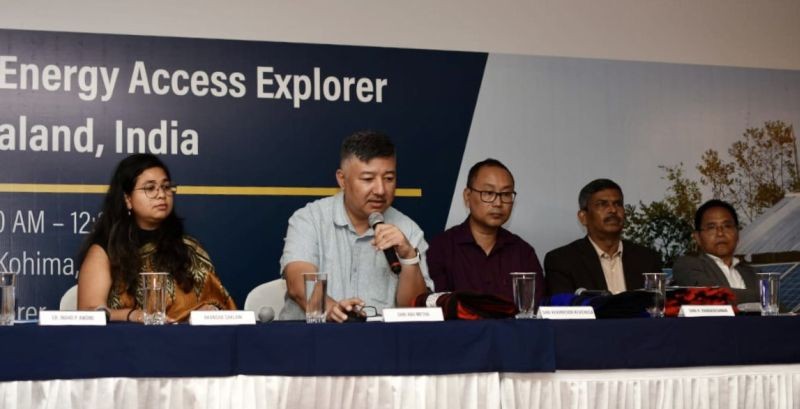
In Nagaland 434 sub-health centers and 12% of 2,074 public schools have no access to electricity
Morung Express news
Kohima | July 28
About one third of Nagaland’s 434 sub-health centers and 12% of 2,074 public schools, mostly in remote regions of the state, do not have access to electricity. Therefore, it was indispensable to have innovative solutions to meet such demands of social infrastructure for equitable development of the state. This observation was made by Abu Metha, Chairman of the Investment and Development Authority of Nagaland (IDAN) and Advisor to Chief Minister today.
Metha was addressing the launching of the Geospatial Energy Access Explorer (EAE) platform programme for Nagaland in Kohima by the World Resources Institute India (WRI India), a research organization that provides information and proposals to foster environmentally sound and socially equitable development.
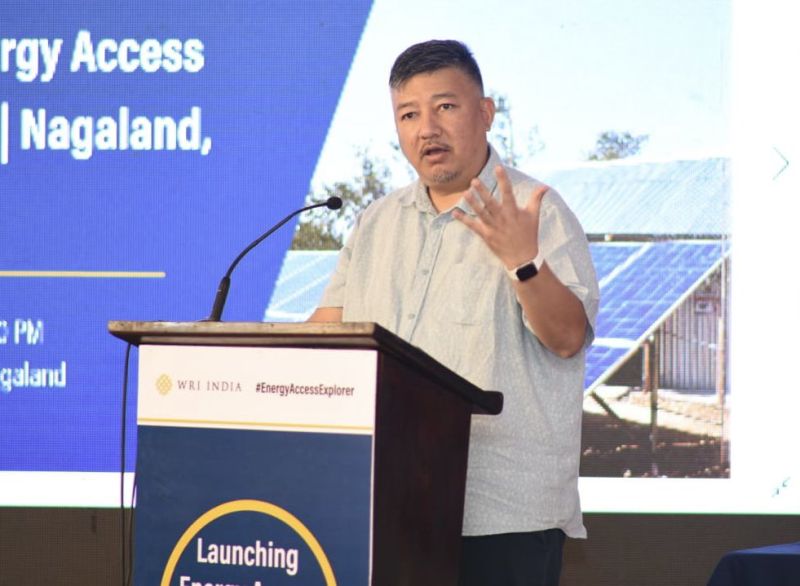
Commending the role of WRI which will cater to compiling data from Nagaland’s development and electricity sectors, Metha said the EAE is going to play a vital role in the development of the state and will bring a new narrative for the state of Nagaland. He stressed that energy is intertwined with progress and development. “When we talk about progress and development, one of the backbones is energy. Without energy, no progress is possible and when we talk about energy, we should think about the future,” Metha stated. He noted that the world is now in a place where dependency on renewable energy is to be increased as this needs continue to grow.
Kekhrievor Kevichusa, IPoS, Commissioner & Secretary, Industries & Commerce said that convergence among government departments was necessary to avoid waste and delay in implementing various ideas and projects.
Akansha Saklani, Manager, Energy Program, WRI India said the EAE platform can be layered with different data sets to help visualize the state of play of each sector. “For instance, if we overlay the Global Horizontal Irradiation data onto the existing demand information, we could potentially estimate how best to solarize these underserved communities,” Saklani stated.
Beyond providing energy access related solutions, EAE could aid in decarbonizing the health and education sectors by deploying Decentralized Renewable Energy (DRE) systems, thus supporting India in its efforts to meet half its energy needs from renewables by 2030 and attain Net Zero emissions by 2070.
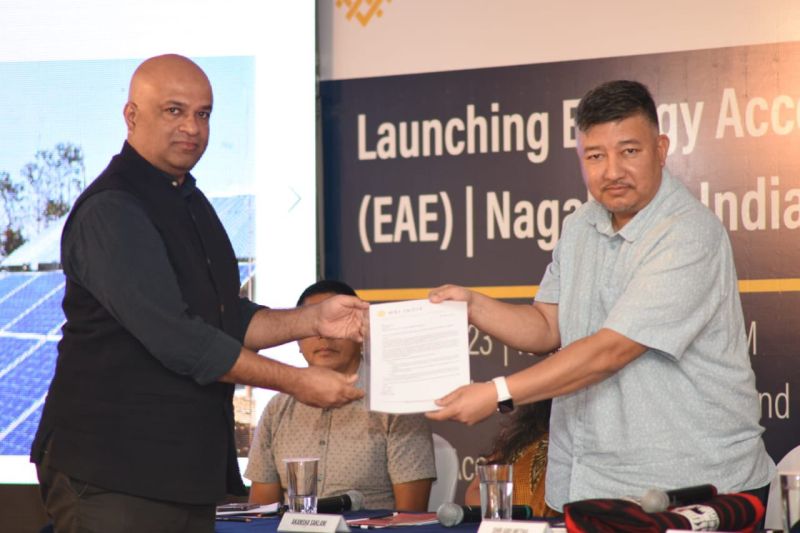
Aside from Jharkhand, Assam and Nagaland in India, EAE has been implemented in six sub-Saharan countries in Africa. They are Kenya, Tanzania, Uganda, Ethiopia, Zambia and Nigeria.
Energy Access Explorer, or EAE, is an online, interactive platform that will compile data from Nagaland’s development and electricity sectors.
Bharath Jairaj, Executive Director– Energy, WRI India in the welcome address said in line with the national determined contribution to climate change commitment, the northeastern states are going to play a huge role in contributing to the ambitious 500 GW non fossil fuel target set by the Government of India.
“The potentials for renewable is remarkable but realizing this is not without challenges, alongside climate change and clean air targets, there is also a need to achieve SDGs, require some form of energy whether it is access to drinking water, sanitation or health and education outcomes,” he further said. Energy poverty alleviation, he said should not leave any household behind.
The EAE will help the Nagaland Government and policymakers to provide the least costly and most sustainable energy solutions to unserved and underserved communities.
R Ramakrishnan IAS, Development Commissioner, Planning and Transformations; and Er Mhathung Kithan, Project Director, GIS & Remote Sensing Centre also spoke at the programme.


